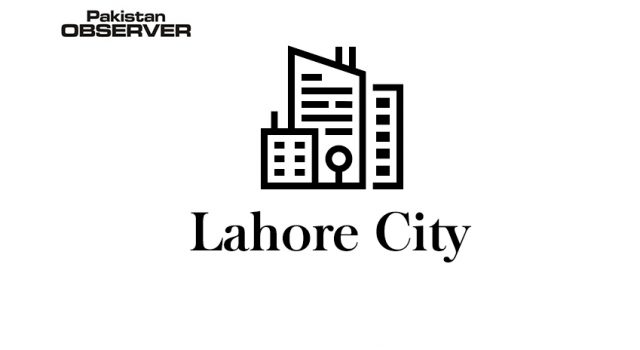The University of Lahore (UOL) hosted the launching of book written by former Foreign Secretary and Director General, Institute of Strategic Studies Islamabad (ISSI), Aizaz Ahmad Chaudhry titled: ‘Diplomatic Footprints.’
The event featured introductory remarks by the author, three book reviews, and concluding remarks by the Chairman, Board of Governors, University of Lahore, Awais Raoof.
Sharing idea behind writing his memoirs, Aizaz Chaudhry argued that because knowledge is a virtue that gives one a sense of justice and courage, it has to be imparted.
He said he wrote this book to let youngsters tread their own pathways in research, something he deemed critical to reshaping Pakistan’s global image. Also, he reminded the audience that Pakistan is endowed with great talent and potential, and if the youth is led properly and empowered, the country can greatly prosper.
He asserted that, in order to let the youth dispassionately look at and analyze Pakistan’s diplomatic history, he did not add any sensational anecdotes, or talk about institutions and personalities.
In his review, former Foreign Secretary Shamshad Ahmad Khan appreciated the diplomatic skills and forward-looking approach of Aizaz Ch, adding that the author’s training in the art of multilateral diplomacy, coupled with his attention to detail and ability to work under pressure, enabled him to navigate challenges that Pakistan faced in a very professional manner.
Former Secretary Interior and Commerce, Tasneem Noorani talked about the importance of practitioners writing their own books, arguing that such a practice will add diversity and quality to the body of literature on Pakistan.
He said that Amb Ch’s success in writing this book speaks of his discipline and commitment to knowledge and academics.
Director, Centre for Security, Strategy and Policy Research (CSSPR), UOL Dr Rabia Akhtar also spoke on the occasion.
Chairman UOL Awais Raoof said it is heartening for him, as an educator, to see Amb Chaudhry highlight the importance of academic linkages and research in the conduct of our foreign policy.
He endorsed the argument that intellectual capital must provide policymakers the impetus and direction needed to reshape the contours of our foreign policy.










